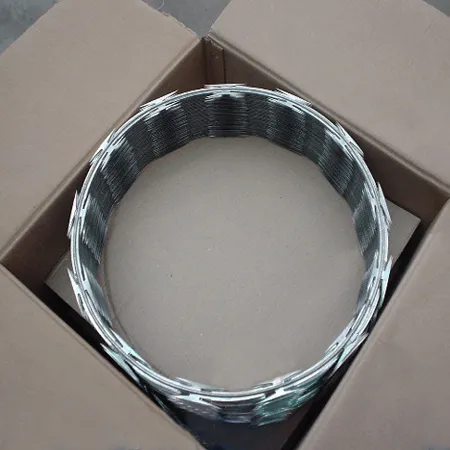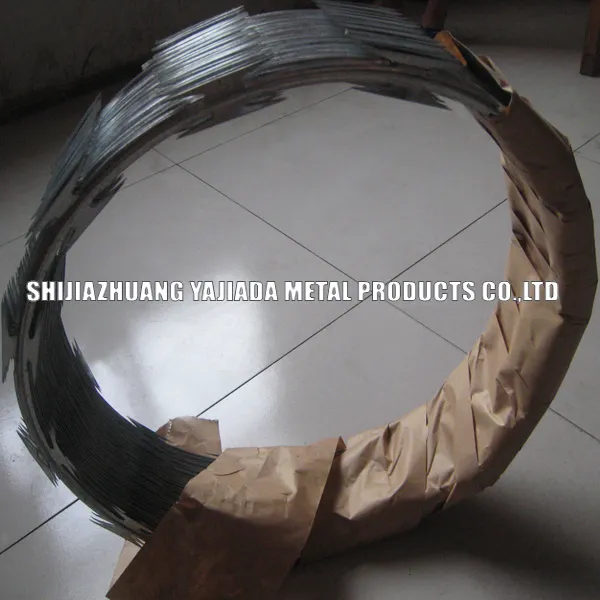

Professional installers and DIY enthusiasts alike understand the importance of not only selecting the right drywall screw but also installing them correctly. The recommended spacing for screws is approximately 12 inches apart on walls and 16 inches on ceilings, ensuring comprehensive support across the drywall sheet. Precision in placement and depth is critical; screws must be driven just below the surface without puncturing the paper facing. Over-driving can compromise the integrity of the drywall, while under-driving can lead to loosening and potential wall failure over time. Advancements in manufacturing and design have also introduced specialized screws that cater to unique requirements. Self-drilling screws and self-tapping screws are particularly invaluable for projects involving metal studs, as they eliminate the need for pre-drilling, expediting the process and ensuring efficiency in larger jobs. For fire-rated walls, fire-resistant screws offer additional protection, adhering to building codes while providing safety and security. A growing awareness of environmental impact and sustainability has also influenced the production of drywall screws. Many manufacturers have adopted eco-friendly practices, including responsible sourcing of materials and introducing finishes that minimize environmental footprints. As industry standards evolve, so too does the emphasis on sustainable products that deliver longevity and reliability without compromising on environmental responsibility. In summary, the drywall screw may appear as a simple element of construction, yet it holds immense importance in ensuring the structural soundness and aesthetic quality of finished surfaces. As expertise and innovation in building practices advance, the selection of appropriate drywall screws becomes even more integral to the success of construction projects. Whether you are a novice to drywall installations or a returned expert, understanding and utilizing the right type of drywall screws can significantly enhance the durability, safety, and quality of any building endeavor. Such knowledge transforms a mere tool into a foundation of trustworthiness and authority in the field of modern construction.

















